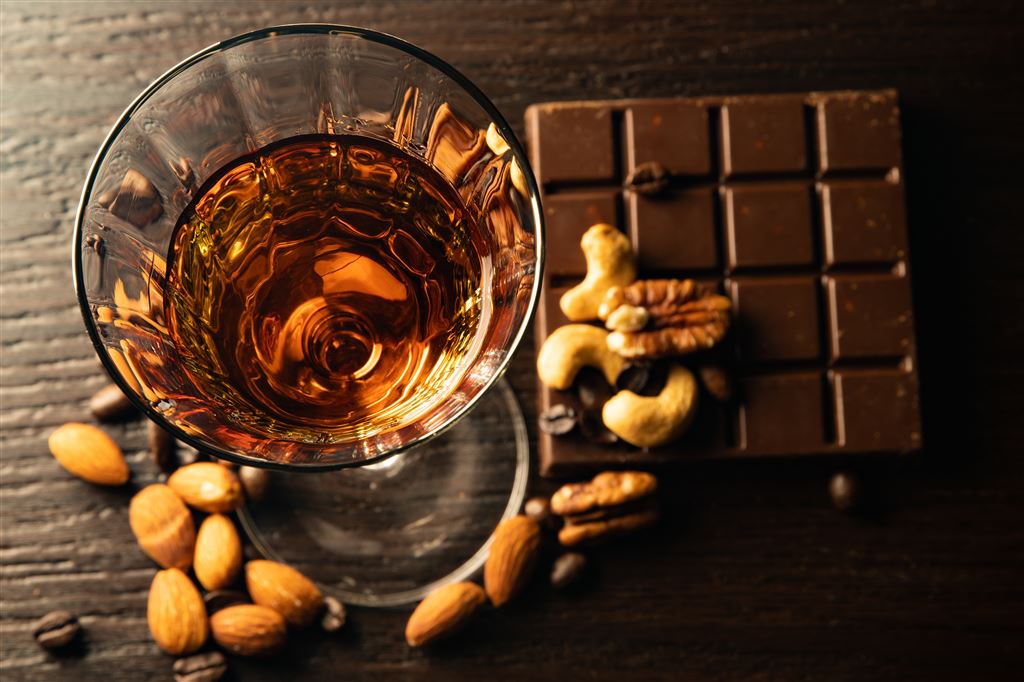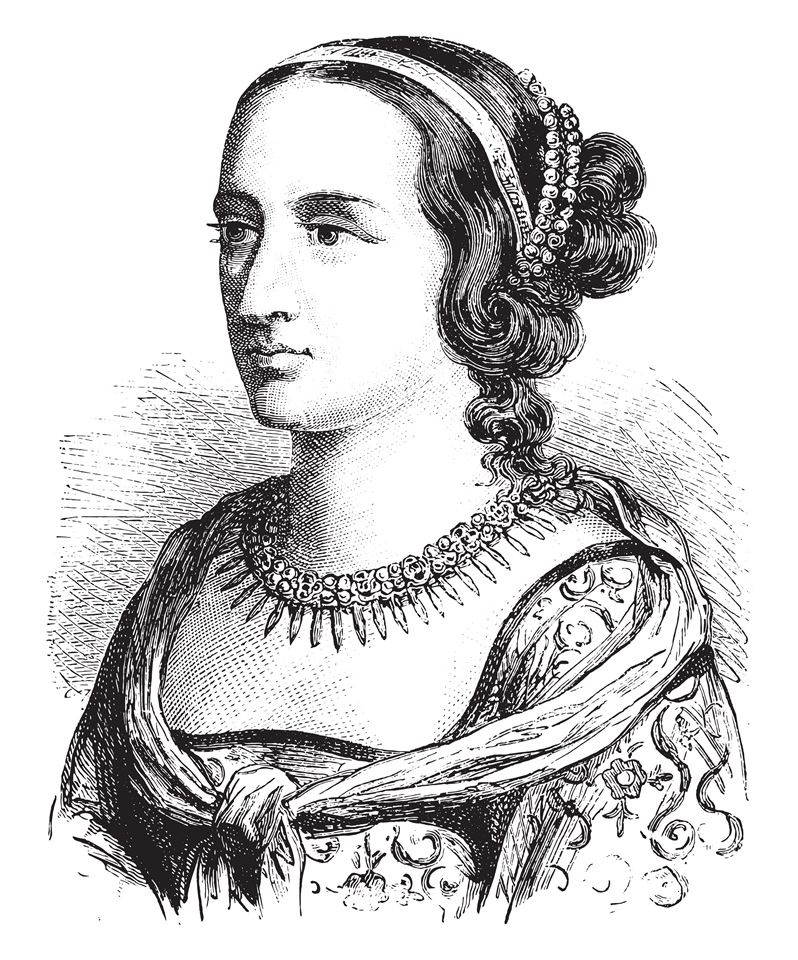The United States produces a wide range of liquors. However, one of the best-known is bourbon, which is a product unique to the United States. By definition, bourbon is supposed to be made out of corn, and the resulting product cannot be sold as bourbon in the United States unless it is made using at least 51 percent corn. Besides that, bourbon also needs to be aged in charred oak casks or barrels, which provide it with both its characteristic look and its distinguishing taste.

Where Did the Name Bourbon Come From?
Bourbon wasn't invented in France. However, the name came from France. For those who are curious, France was once ruled by the Capetian dynasty, so-called because it was founded by Hugh Capet who was elected the King of the Franks in 987. The senior line became the House of Capet, while other lines went by other names. One of these lines was the House of Bourbon, which started up when Louis IX's youngest son married the Lord of Bourbon's heiress. Said line existed for three centuries under the rule of the House of Capet and then the House of Valois before succeeding to the French throne in 1589. Some of the most famous Kings of France were members of the line. For example, there was Louis XIV, the Sun King who embodied absolute monarchy. Similarly, there was his great-great-great-grandson Louis XVI, a much more indecisive individual who supported the American Revolution but proved incapable of navigating the tensions that would erupt into the French Revolution.
 Anne of France Duchess of Bourbon
Anne of France Duchess of Bourbon
We wrote all of this to show where the name originated. Although how it came to be associated with this uniquely American spirit is uncertain. Similarly, both Bourbon County in Kentucky and Bourbon Street in New Orleans took their names from the French House of Bourbon.
Who Invented Bourbon?
As was mentioned earlier, there are a number of places in the United States named after the House of Bourbon. Presumably, one of these served as the source of inspiration for bourbon, though which one remains unclear. One popular candidate would be Bourbon County in upstate Kentucky, which was once part of a broader region called the Bourbon Expanse. The issue is that this association didn't show up in print until the 1870s, a couple of decades after bourbon labels started being printed in the 1850s. Instead, a stronger candidate might be Bourbon Street in New Orleans. In the 19th century as in the 21st century, the location was a center of entertainment for the city. As such, it is very possible that bourbon originated from the Kentucky-made whiskey that was sold in Bourbon Street establishments, which was a popular alternative to French cognac because it was similar-tasting but much less expensive.
 Bourbon Street, New Orleans
Bourbon Street, New Orleans
Chances are good that we will never be able to figure out the first person who created what is now recognized as bourbon. After all, distillation wasn't exactly a secret technique, meaning that its use was widespread among the Scots, Scots-Irish, and other Europeans who settled in the American South in the 18th and 19th centuries. On top of that, every single one of the practices that make bourbon bourbon was already well-known by that point in time, thus making it that much more difficult to figure out exactly who put everything together. Still, there are a number of popular stories, with examples ranging from that of Elijah Craig to that of Jacob Spears.
How Has Bourbon Fared Over Time?
On the whole, bourbon has seen some notable ups and downs over the course of its existence. It became very popular in the 19th century, both because of its cost and because of its taste. Unfortunately, bourbon distilleries took a serious hit when Prohibition came into effect in the early 20th century. Some of them managed to make a return with its repeal in 1933, but most of them ended then and there. It wasn't until the late 20th century that bourbon distilleries recovered, with the result that there are now a small number of major names coexisting with a wide range of craft distilleries and other minor players. Moreover, liquors have become more popular than ever on the global market, so it will be interesting to see how bourbon will fare in the times that are to come.